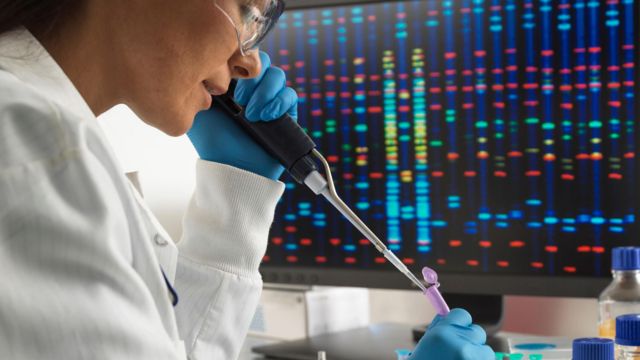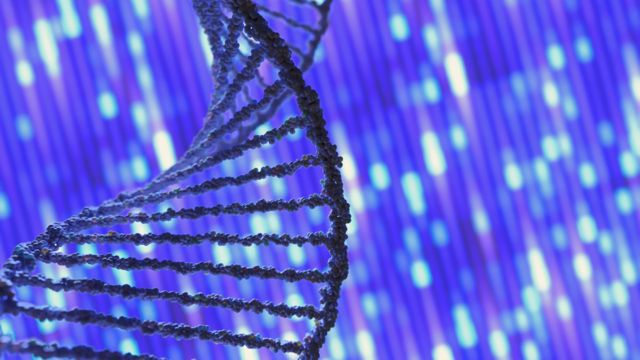There are more than 3 billion steps in each spiral staircase of human DNA, so it’s easy to make a mistake when assembling it. Researchers at Google DeepMind in London have announced the creation of a program that can use artificial intelligence (AI) to assess the degree to which a particular genetic mutation is safe for health. The algorithm is described in detail in a paper published Tuesday in the journal Science.
The creators of the tool, called AlphaMissense, say it has the potential to revolutionize the diagnosis and treatment of rare genetic diseases. However, independent experts are currently more cautious in their assessment of the program’s work. “This is great news. This may be the best way yet to predict the risks [that a particular genetic mutation carries for health],” the journal Nature quoted Professor Joseph Marsh, a computational biologist at the University of Edinburgh, as saying. “Will it be the best in two or three years? Probably not,” Marsh adds.

A mutation is the result of an error in the assembly of a long chain of DNA, in which one link is randomly replaced by another. We explain quickly, simply, and clearly what happened, why it matters, and what will happen next. The number of offers should remain: episodes. End of story. Podcast Advertising. And such things are not so rare: in the genome of a typical human you can find almost 10 thousand such substitutions. Sometimes it has no effect on the proteins the cell produces. And sometimes it leads to the development of serious diseases such as cancer or cystic fibrosis.
Predicting how a particular mutation will affect the functioning of the organism is incredibly difficult. Until recently, scientists knew of about 4 million such point mutations, but only 2% of them could be confidently classified as benign or causing a specific disease. So it was decided to assign this task to artificial intelligence.
First, millions of human and higher primate DNA samples were fed into the algorithm for analysis to explain what a protein sequence might look like in principle. With such a solid base of comparisons, AI has learned to instantly detect any deviation from the norm (that is, out of the usual order), i.e., to identify a mutation – and to assess its potential damage.
The study’s lead author, Jun Chen, likens a point mutation to replacing a word in a long sentence. It would be easy for a native speaker to understand if the meaning of the whole sentence changed or not. AlphaMissense works in much the same way, assessing how replacing one link in the genetic code will affect the entire length of the DNA chain.
In total, the algorithm found more than 70 million potential point mutations. And after analyzing each one, it was able to confidently classify 89% of the random substitutions: 57% as benign (meaning they do not cause health problems) and 32% as likely pathogenic. In only 11% of cases was the program unable to reach a definitive conclusion.

